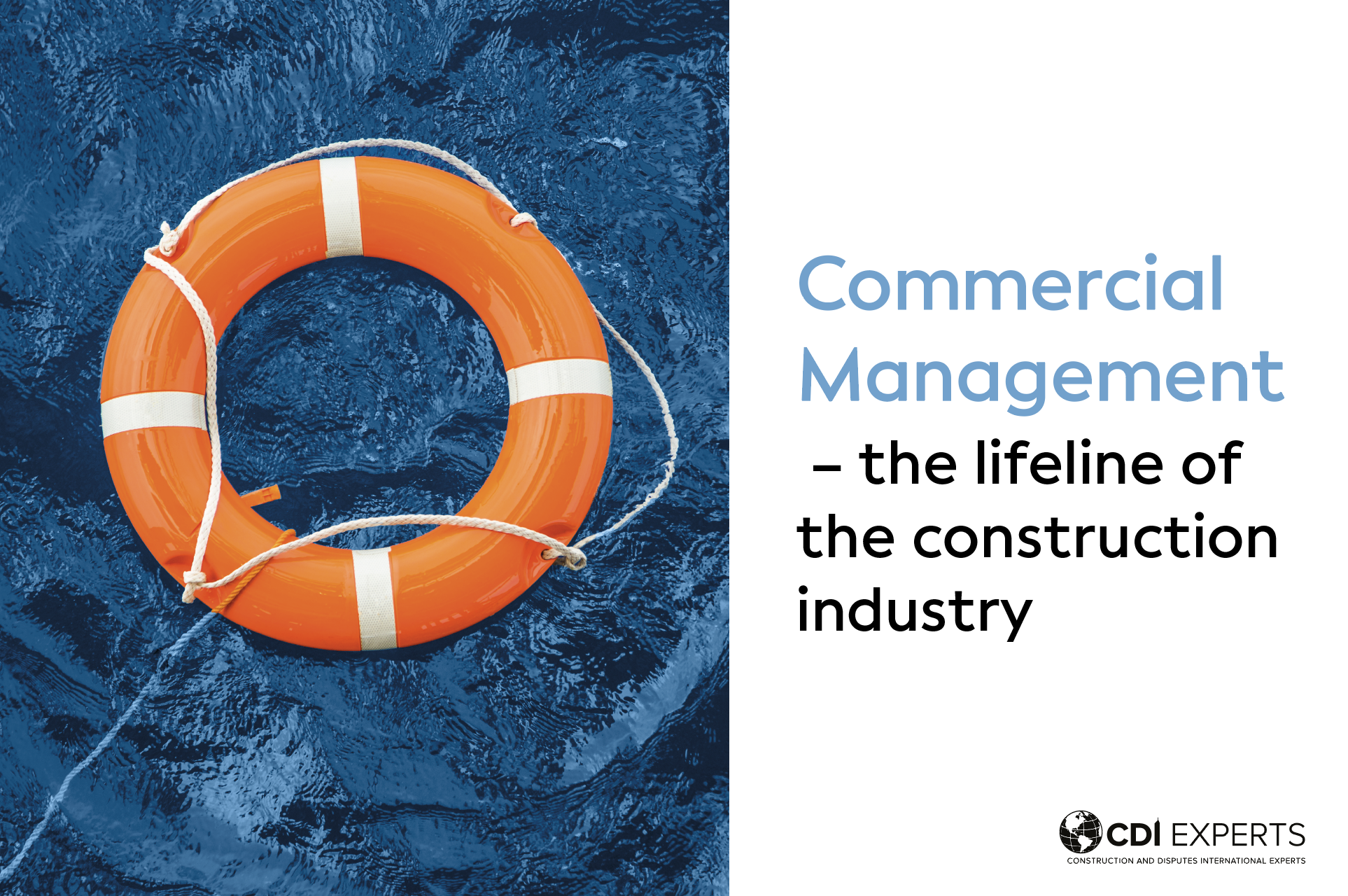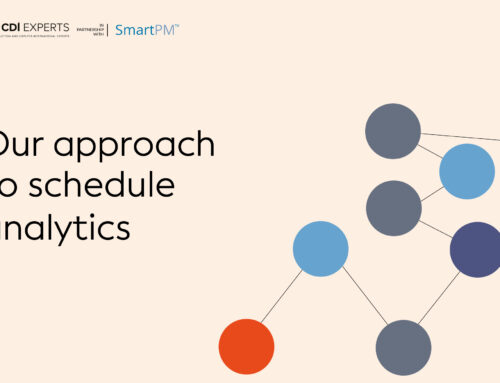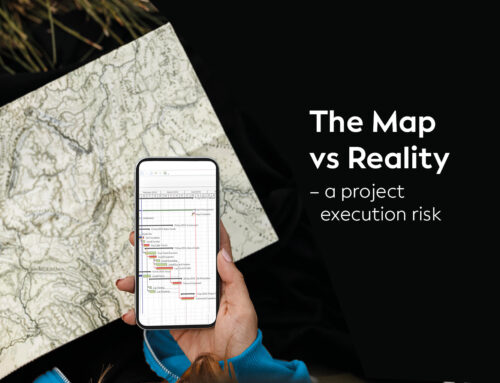
Written by
Colin Tomlinson
Published
15 March 2023
There are a variety of different commercial managers in the various industries requiring an assortment of different skills and abilities. An example could be an operations commercial manager for a Sports Betting operator in Africa or Commercial Manager in Regulatory Compliance for banking or even a Business Intelligence Commercial Manager in the city be it London, Singapore or Kuala Lumpur.
The one thing that becomes clearly apparent is that the skills set and required ability differ dependent on the industry you look at, it is only intended to briefly examine the ability and required skills set in relation to the construction industry.
The construction industry is unique, construction projects can range in value from a small build project to the EPC development of a Nuclear Power station incorporating tender, procurement, design, engineering, and build. One factor that will remain constant is that if you choose a commercial manager with the wrong skills set or lack of knowledge and understanding of the role then the outcome can be financially damaging to the business.
The individual
When you appoint a commercial manager you are not appointing a Quantity Surveyor or engineer, the positions do have some cross over but the adage “a good engineer does not always make a good project manager”, stands true and applies equally to the position of Commercial Manager and quantity surveying.
As previously stated the skills set of the Surveyor does have some cross over into commercial management and as the Surveying Degree has developed, more Contract law and management has been included, but the Commercial Management roles is still unique. The individual has to have a myriad of skills including the ability to communicate and negotiate, understand and manage the contract, provide expert advice to the surveying team, appreciate payment schedules, withhold or pay less notices, administer the contract, and report the financial position of the project to senior management.

The start
When should the commercial manager be appointed, to put it bluntly as soon as possible? They should be involved in the tender or at least have an understanding of what has been tendered and the intended margin for the project, how it has been tendered and the risks being assumed by the parties.
They should also understand the form of contract that the project is being procured on and the terms and conditions contained therein, allowed to discuss, negotiate and provide advice on those terms and conditions. The damages to be applied in the late completion or breach of contract, the limitations of entire agreement clauses. On Utilities Contracts an understanding of the law attaining to Public Procurement, both the EU directives and the UK Public Procurement Regulations would be invaluable.
Managing
Once the contract commences then the commercial manager should be able to manage the contract, this means that where the contract requires a condition precedent to commence an action that this is complied with, a good example is the FIDIC time bar clause (20.1) or the NEC III clause 60.3 where it states “If the Contractor does not notify a compensation event within eight weeks of becoming aware of the event, he is not entitled to a change in the Prices, the Completion Date or a Key Date unless the Project Manager should have notified the event to the Contractor but did not.”
They should map out the key notification dates and application submission dates, but most importantly, they should do exactly what the contract says, too many times the parties set off in a commercial euphoria where the contract is managed in a manner that is not in compliance with the terms and conditions, only to later end up in a serious dispute. Shakespeare describes this best in Hamlet when he said “it was a custom more honoured in the breach than the observance”.

Once the procedures are in place, the Commercial Manager is then reliant on the surveyors to report the figures on how the project is doing, the commercial manager is responsible for the reporting of the figures, they are not responsible for the management of the Project, or should not be, the construction works lies outside the duties of the commercial manager, there is some direct input with procurement and subcontract payment with the surveyor checking that the application from the subcontractor is correct, but the direct responsibility for the Project margin lies with the Project Manager.
How the work is reported lies with Project Control and it is now not unusual to see the Earned Value Analysis method being used, this gives very good reporting of the work complete and the project expenditure and any cost variance that has occurred.
The final role of the commercial manager in this very brief post is the final account and any dispute that may have occurred, if the commercial manager has managed the commercial aspects of the project correctly then the approval of the submitted final account should be completed with relative ease.
When this is not the case disputes can arise on an assortment of trivial items that become time consuming and complex, as individuals leave the project the ability to collate various individuals records become a mammoth task. A good commercial manager will have kept meticulous records and correspondence detailing any variations, notices or warnings that will assist in any dispute.

In conclusion
One final thing to consider is that when you start the project, do so as if it will go to adjudication, keep your correspondence polite, correct and detailed, do not as in so many cases be pedantic, rude or insult the employers representative, you can imagine the inference the Adjudicator will infer from the commercial representative of a company telling the employers representative exactly what they think of them?
Follow us for more!
Get the expert edge
Please add your details below and we’ll be in touch as quickly as possible




